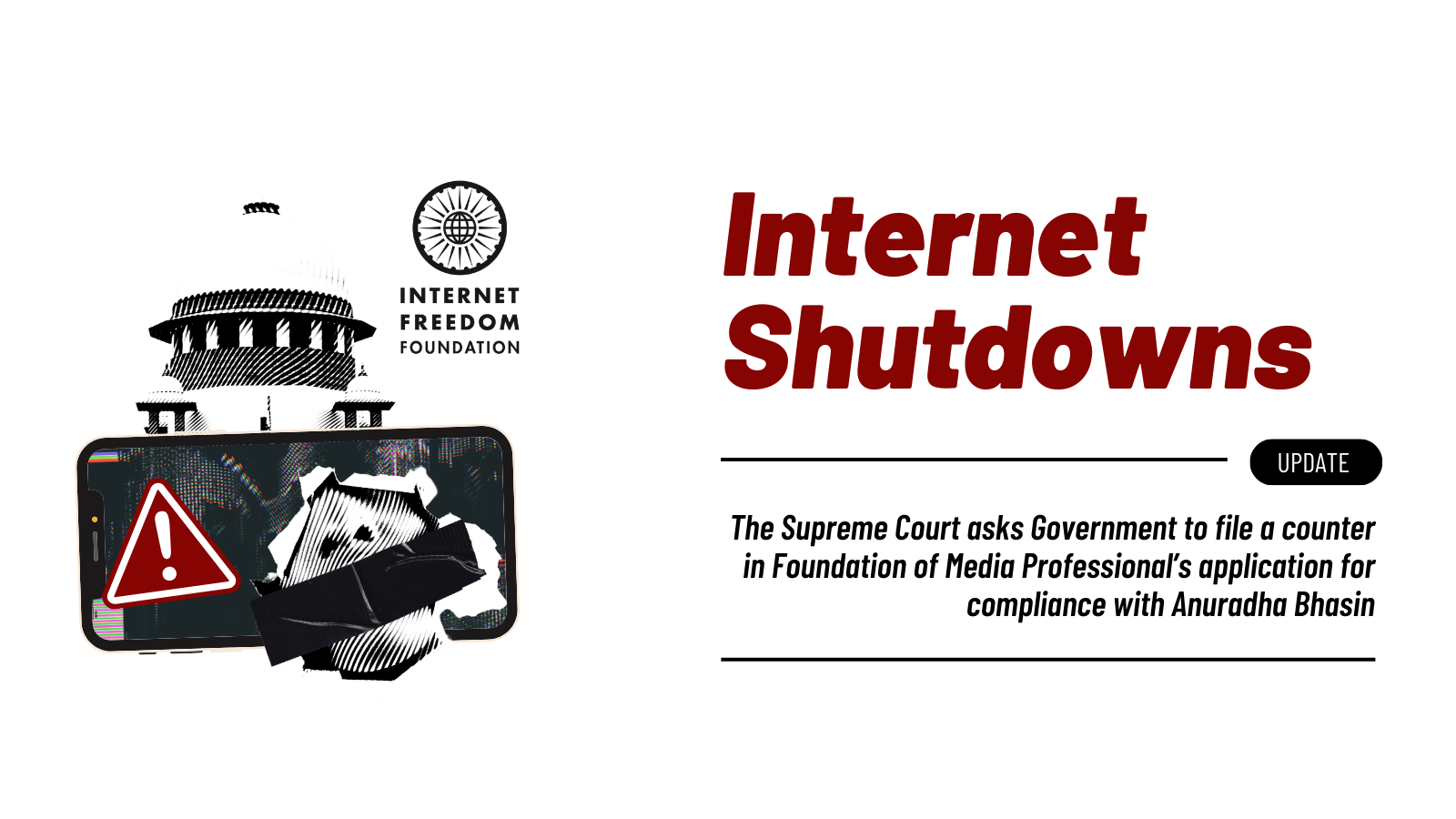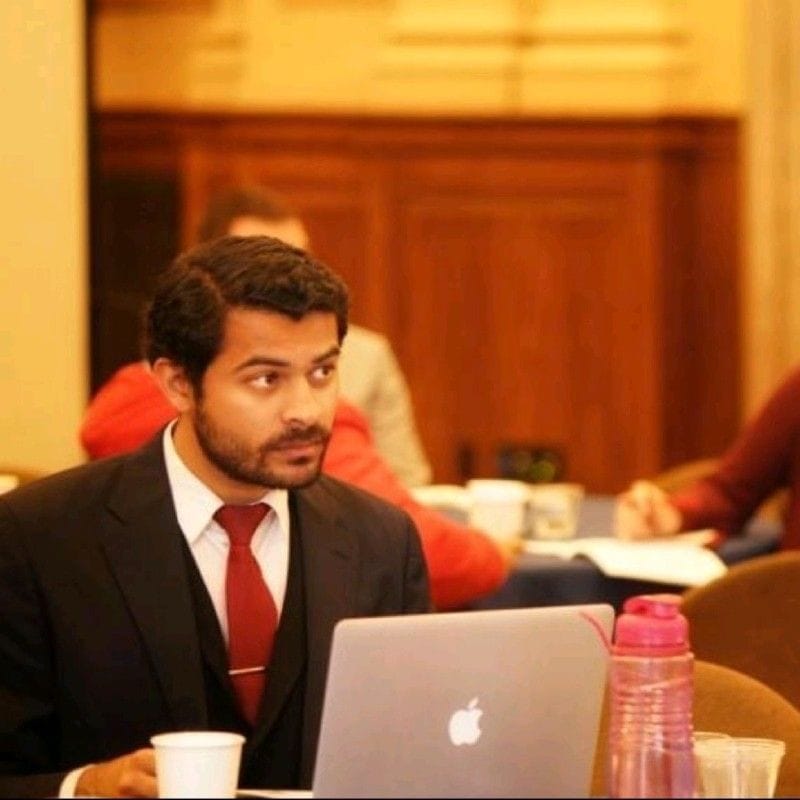
TL;DR
Disregarding specific directions from the Hon’ble Supreme Court of India outlined in Anuradha Bhasin v. Union of India (2020), the act of imposing unlawful internet shutdowns on part of the State Governments continues to persist. These actions occur without publishing suspension orders, sometimes using Section 144 of the Criminal Procedure Code, and neglecting to form the required Review Committee under the Telecom Suspension Rules, 2017. The Foundation for Media Professionals (FMP), one of the original petitioners in the Anuradha Bhasin case, has filed an application to ensure compliance with these directions. The Supreme Court on September 21, 2023 has granted liberty to the Union Government to file its response.
Why Should You Care?
In 2022, India ranked the highest globally for the fifth consecutive year in terms of the number of internet shutdowns, with 84 incidents. The Supreme Court in Anuradha Bhasin recognised the constitutional impact of internet shutdown on our right to expression and right to practice our profession, and issued detailed guidelines. More than three years lateron, these guidelines are still not being followed.
Background
In Anuradha Bhasin, the Supreme Court affirmed that the right to free speech and the freedom to engage in trade or profession through the internet are fundamental rights. The court issued comprehensive guidelines for the issuance of internet suspension orders that must comply with constitutional constraints when curtailing fundamental rights. These directions include:
- internet suspension orders must be published to enable a legal remedy before courts;
- the principle of proportionality must be followed while ordering an internet shutdown;
- internet shutdowns must not extend beyond the necessary duration; and
- the review committee must assess the legality of internet suspension orders within specified timeframes.
Despite these guidelines, states continue to unlawfully suspend telecom and internet services by not publishing suspension orders, issuing orders under Section 144 of the Cr.P.C., failing to constitute review committees, and neglecting to review the legality of internet suspension orders.
Proceedings before the Supreme Court
On May 11, 2023, a bench of the Hon’ble Supreme Court of India, led by Justice B. R. Gavai (one of the judges in the original petitions) was pleased to issue notice in FMP’s Miscellaneous Application seeking compliance with the directions issued by the Supreme Court in Anuradha Bhasin.
Subsequently, the matter was again listed on September 21, 2023, where the court noted that the Union Government had not filed its reply, and accordingly granted the government the liberty to file a reply. The case is scheduled to be heard next on October 17, 2023.
We are grateful to Senior Advocate Nakul Dewan for leading the case and to Advocate-on-record Prateek Chaddha, Adv. Rohan Naik, Adv. Sreekar Aechuri and the IFF legal team, led by Adv. Vridna Bhandari and comprising Advocates Gautam Bhatia, Abhinav Sekhri, Tanmay Singh, Radhika Roy, and Gayatri Malhotra. Our commitment to combating unlawful internet shutdowns in India continues, with the invaluable support of the Foundation of Media Professionals.
Important Documents
- Previous Blogpost titled “Supreme Court of India issues notice in Foundation of Media Professional’s application seeking compliance with Anuradha Bhasin Internet Shutdown Guidelines.” (link)

